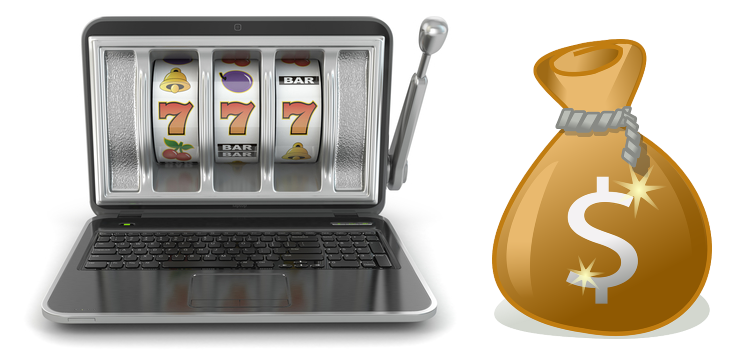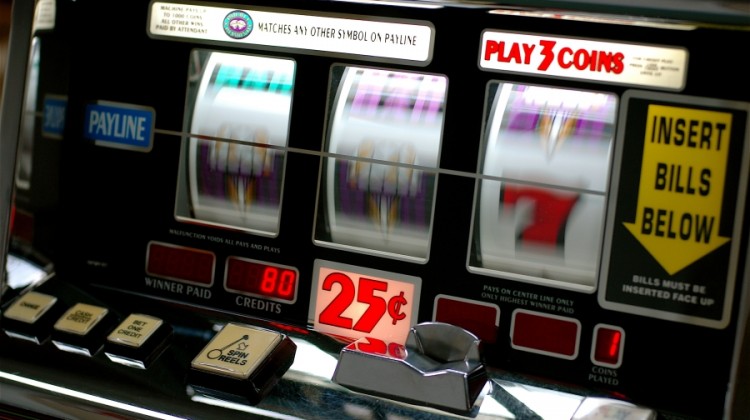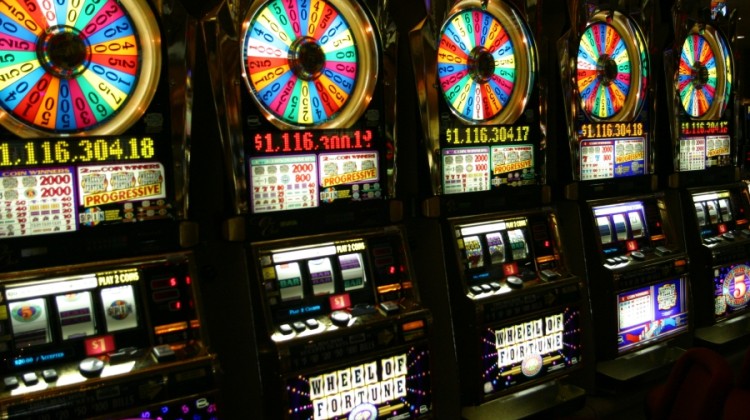Gambling can really ruin your health. Debt can spiral out of control, and it can affect every part of your life. But it need not be so. If you’re trying to give up gambling, then the logical first step should be reducing it – and controlling it. You should be able to master the process of gambling, and turn it to your advantage.
Too many people tell me that they have a gambling problem, and I always tell them the same thing – don’t just stop gambling altogether, but take a different approach to it. You see, the problem isn’t the gambling, but the recklessness. Here’s my guide to how you can reduce your gambling, become less dependent on it, and see it as an enjoyment, not as a way out.
1. Cap yourself
Set a limit – an amount of money that you can afford to lose, and make sure that your online bookmaker knows about it. The best online bookies, from Paddy Power to Ladbrokes, William Hill and Coral, all have facilities that allow you to set a maximum spend per day, week or month. Do it per month, and ensure that this can only be de-activated by making a phone call. This will discourage you, and you can now work within your limits.
Gradually reduce that limit as the weeks go by. Eventually, you’ll see gambling as a pastime that you can enjoy within your means.
2. Cap your number of bets
It can be tempting, especially if you are gambling online, to just tick boxes and hit submit. In fact, it’s all too easy. So start working within reasonable limits. If you bet 10 times a day, make it 5, then 2, and then 1. Eventually, you can make it to 1 per week.
3. Become a researcher
Of course, if you’re limiting the number of bets you place, then the bets you do place have to be good ones. Instead of putting down impulsive losing bets, start doing your research. If you’re into horse racing, try to focus on either one particular event or particular type of event. If you’re into football, focus on one league or even one team. Get yourself data – there are bookies who offer huge swathes of data, free of charge – and analyse the hell out of it. Back to front, top to bottom, until you can find patterns that will improve your gambling.
4. Don’t analyse your wins, analyse your losses
It’s very easy, if you are a compulsive gambler, to just shrug off a loss and then lump your money onto something else to get your money back. Refrain from doing so and walk away, asking yourself “what did I do wrong to lose that bet?” It’s not what the team – or the horse – did wrong, it’s what you did wrong. Were you uninformed? Were you too impulsive? Every loss is an opportunity to understand your gambling patterns better.
5. Become a specialist
Compulsive gamblers will bet on anything. Don’t do that – become a specialist in one race course, or one event – and wait for it to come round. You’ll get to know everything about it. I personally love the Prix de l’Arc in Paris, simply because I know the patterns involved. It doesn’t always work, and I take my learnings from it. However, I’ve studied it, followed it for years, and I know that 70% of the time, I’ll be right.
So – there you go. Compulsive gambling is compulsive losing. Compulsive research is way healthier – and proof that gambling need not be a folly through which you ruin your bank account, and even your health, it can be an enjoyable hobby that – even when you lose – doesn’t destroy your finances. You just have to have the right approach.
By Barry Hornwhistle
Barry Hornwhistle is an avid gambler, and writes for Free Bet Bookmaker, where you will find the 188bet free bet













No Comment